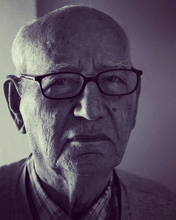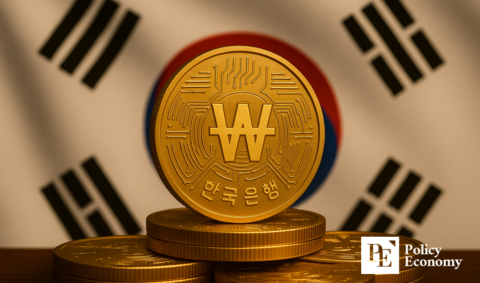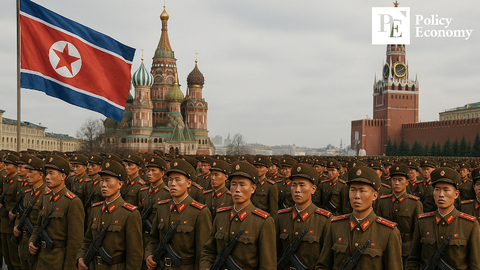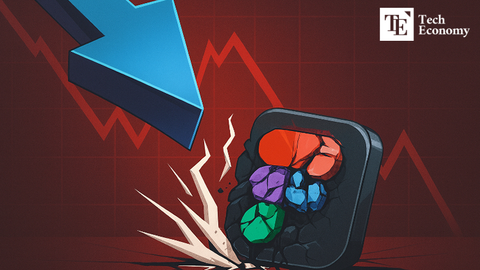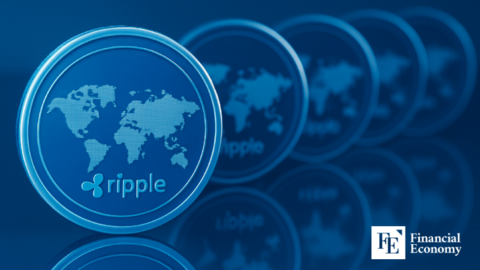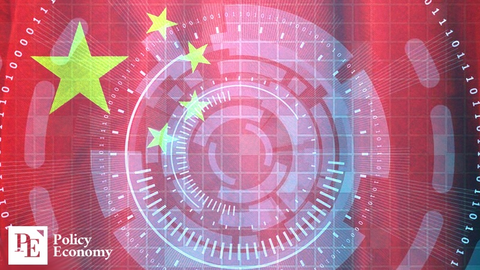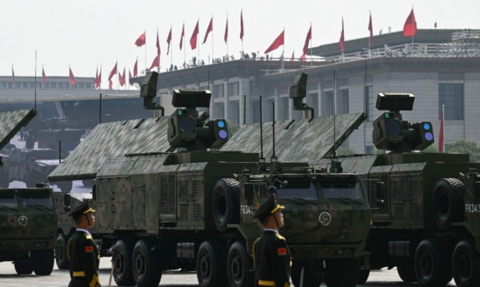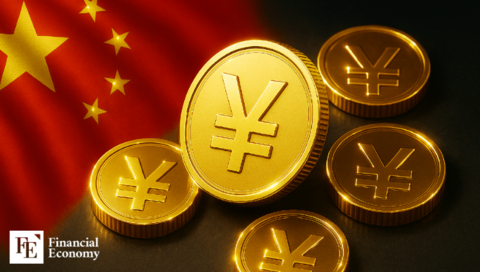Germany at a Historic Crossroads: Political Upheaval, Economic Turbulence, and the Weight of History
Input
Changed
A Political Realignment and the Rise of Extremism Economic Decline and Industrial Restructuring Global Reactions and the Echoes of History
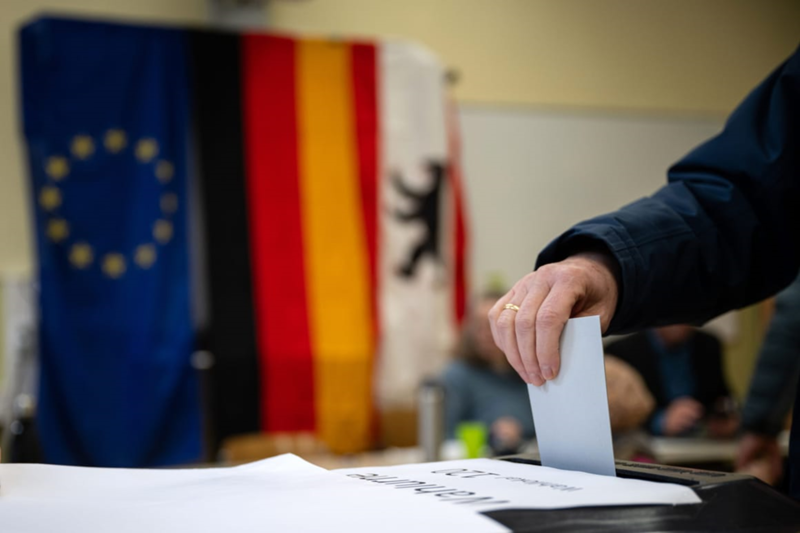
A Political Realignment and the Rise of Extremism
In a dramatic confluence of political upheaval and economic uncertainty, Germany—Europe’s largest economy—finds itself at a historic crossroads. A snap national election, called amid the collapse of Chancellor Olaf Scholz’s governing coalition, has ushered in a new era marked by a decisive shift toward conservative governance and an alarming rise in far-right support. At the heart of this transformation is the victory of the center-right Christian Democratic Union (CDU) under the leadership of Friedrich Merz, whose Union bloc is projected to have captured roughly 28.5% of the vote. In a stunning repudiation of the status quo, the election saw the incumbent Social Democrats finish in third place with just over 16%, marking their worst postwar performance in a national parliamentary contest.
The political landscape has been further complicated by the surge of the Alternative for Germany (AfD), which doubled its vote share to about 20.5%. This strong performance—the most significant for a far-right party since World War II—has sent shockwaves through Germany and beyond, as voters express growing frustration with long-standing policies on immigration, economic management, and international alignment. The AfD’s ascent is viewed by many as a clear signal that a substantial segment of the electorate is willing to entertain more radical solutions, even as mainstream leaders have made it unequivocal that the far-right will remain outside any future coalition government.
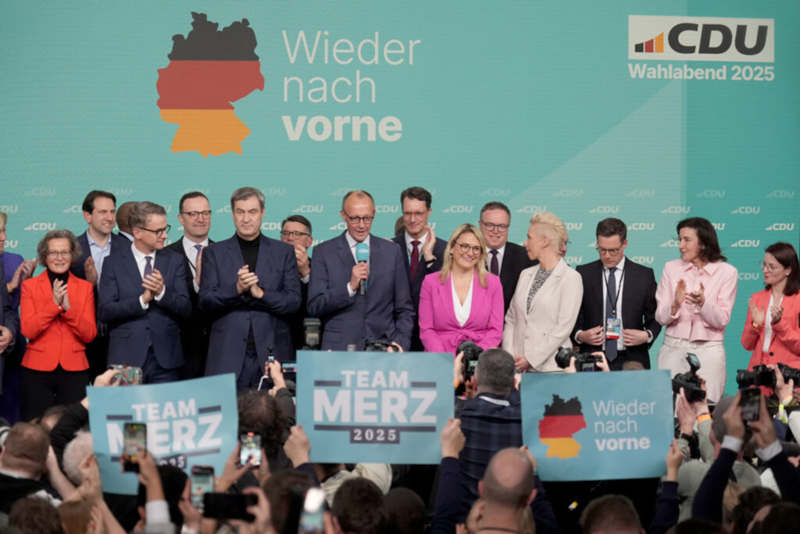
Economic Decline and Industrial Restructuring
The election was held against a backdrop of deep economic malaise. Official data reveals that Germany’s gross domestic product contracted by 0.2% in 2024, following a 0.3% decline in 2023. This marks the first instance since the early 2000s that the nation’s economy has shrunk for two consecutive years—a stark indicator of systemic challenges that have long plagued the country. High labor costs, sluggish productivity growth, and intensifying competition from China have eroded Germany’s manufacturing base, while demand for its exports has diminished as global economic powerhouses increasingly turn to domestic production. The industrial sector, still reeling from the COVID-19 pandemic, continues to operate at roughly 10% below pre-pandemic levels, underscoring a protracted recovery that now appears more tenuous than ever.
The crisis at Volkswagen, Germany’s largest manufacturer, has become emblematic of these broader economic woes. In December, the automaker announced sweeping operational changes that included the elimination of more than 35,000 jobs and a controversial decision to shift part of its production to Mexico. This move not only highlights the severe pressures faced by legacy industries but also signals a broader trend of industrial realignment that could have far-reaching implications for Germany’s export-driven economy. External pressures, such as the looming threat of higher tariffs from the incoming U.S. administration, add another layer of complexity. Such measures could further depress German exports, prompting companies to consider relocating production to more tariff-friendly environments, thereby deepening the country’s economic stagnation.
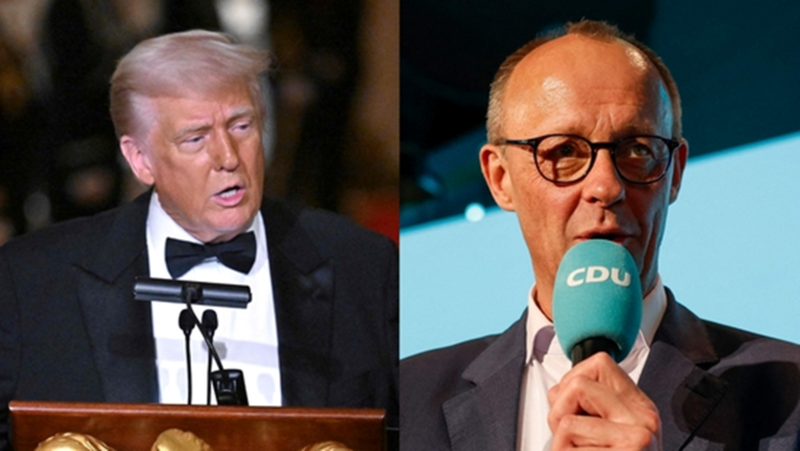
Global Reactions and the Echoes of History
Amid these turbulent developments, international figures have also taken notice. Former U.S. President Donald Trump, never one to shy away from controversy, took to Truth Social to celebrate the election outcome. In his characteristically brash style, Trump proclaimed that the people of Germany had grown weary of what he dubbed the “no common sense agenda,” a direct criticism of policies on energy and immigration that have long been the subject of public debate. Drawing parallels to his own political success in the United States, Trump suggested that his leadership model could serve as an inspiration for both nations, hinting at more future victories in a tone that resonated with his supporters. Such endorsements from high-profile figures have not only amplified the global spotlight on Germany’s political transformation but also underscored the interconnected nature of contemporary politics.
Yet, even as political titans and economic analysts dissect the numbers and implications, there is a deeply human story unfolding that speaks to Germany’s enduring national character. The day before the election, a poignant video circulated among families—a simple yet evocative scene of a modest table set on a sidewalk, complete with delicate porcelain and a sign inviting passersby to “Feel like coffee like at Grandma’s?” In the background, a young musician strummed a guitar and sang a tender tribute to a grandmother whose parting words, “Never again is now,” encapsulated the solemn promise made by those who witnessed the atrocities of World War II. For many Germans, this memory is far from a sentimental relic; it is a visceral reminder of the horrors of fascism and an unwavering commitment to ensure that such a future is never repeated.
This intertwining of political change and historical memory has taken on even greater significance in the current moment. The election not only reflects a rejection of past policies that many see as ineffective in addressing economic and social challenges but also underscores a deep-rooted desire to forge a new path—one that reconciles the need for economic reform with a steadfast commitment to democratic values. The resurgence of the AfD, with its populist rhetoric and radical proposals on immigration—including a controversial 15-point plan to tighten borders and deport rejected asylum seekers—illustrates the potent allure of alternatives that promise to shake up an entrenched political system. At the same time, mainstream parties, despite their internal disagreements and the challenges of coalition building, remain united in their resolve to exclude extremist voices from power.
The complex dynamics of Germany’s multiparty system, while often criticized for its inherent messiness, have allowed voters to express a wide range of discontent. In this system, protest votes can be cast not only against established parties but also in favor of new, unconventional alternatives. Nearly 80% of voters have supported parties that pledge to keep the far-right at bay, a robust demonstration of democratic resilience that stands in stark contrast to the polarized two-party systems seen elsewhere, such as in the United States. This diverse political expression is both a strength and a challenge, as coalition negotiations in the coming months will require painstaking compromise and a delicate balance between competing priorities.
As Friedrich Merz embarks on the formidable task of forming a coalition government, he faces the dual challenges of addressing an economy in distress and managing a fractured political landscape. His stated ambition to establish a government by Easter reflects an acute awareness of the urgent need for stability. Yet, the path forward is fraught with uncertainty. Potential coalition partners, including the Social Democrats and the Greens, bring their own agendas and reservations, particularly regarding the integration of policy measures aimed at economic recovery and immigration reform. The delicate balance required to secure a stable majority is further complicated by the presence of smaller parties that could tip the scales—each with its own vision for Germany’s future.
In this atmosphere of uncertainty, the lessons of history loom large. Germany’s postwar experience, marked by the solemn promise of “never again,” serves as both a guide and a warning. The electorate’s rejection of long-standing policies that have failed to address the nation’s challenges is a call for transformative change—one that demands a careful reexamination of economic strategy, social policy, and the very nature of political representation. At the same time, the rising influence of extremist voices, exemplified by the AfD’s unprecedented vote share, underscores the fragility of democratic institutions when faced with deep-seated discontent.
The stakes could not be higher. The decisions made in the coming months will not only shape the trajectory of Germany’s economic recovery but will also have profound implications for the European Union and the global community at large. As one of Europe’s leading economic and political powerhouses, Germany’s ability to navigate this period of transition will be closely watched by international observers, with many hoping that a new government will chart a course toward renewed growth and stability.
In the end, Germany’s current predicament is a microcosm of the broader challenges confronting democracies around the world. It is a reminder that the pursuit of progress requires constant vigilance and the willingness to embrace change while staying true to the core values of freedom, tolerance, and collective responsibility. As the nation stands at this critical juncture, the echoes of a painful past resonate alongside the promise of a new beginning—a challenge to all who believe that the lessons of history must guide the actions of the present. The call to action is clear: never again can complacency be allowed to prevail, and the time to act is now.
